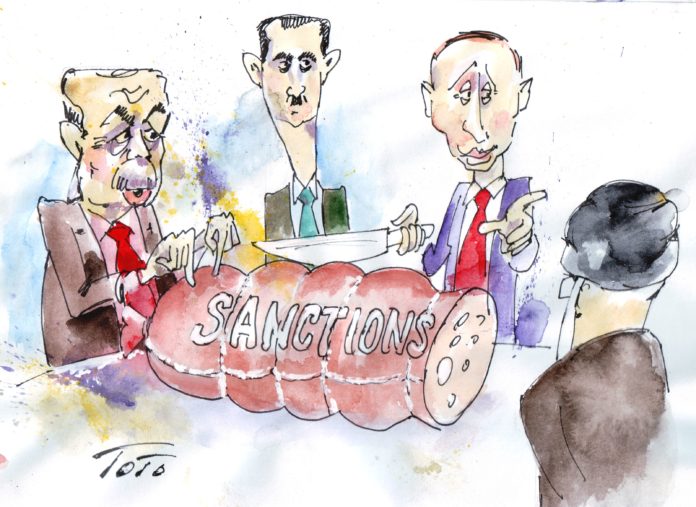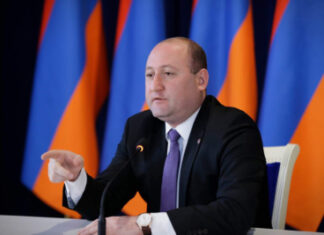Since the fall of the Soviet empire, the pitch of the Cold War rhetoric has never been this intense. All it needed was a spark to blow up the conflagration. The poisoning in the UK of former Russian spy Sergei Skripal and his daughter, Yulia, was that necessary spark to create a diplomatic crisis.
Tensions were already building up and if the poisoning had not happened, there would have been another excuse to launch the crisis.
While Russia still is asking for tangible proof to substantiate British accusations, its voice is stifled in the exchange of the diatribes. For some time now, the US and Europe had been accusing Moscow of meddling in their election processes, as if the practice was not mutual. Europe and the US were never going to tolerate Russia once again to get on its feet and attempt to regain its superpower status.
And Russia, under President Vladimir Putin, was moving in that direction. The gradual building up of the sanctions regime proved to be insufficient to slacken Russia’s progress. Therefore, a more dramatic course of action became necessary. Britain began expelling Russian diplomats, followed by some 20 countries in the West, topped by the US’s 60 expulsions, in the wake of this most recent poisoning controversy.
Ironically, there is a disconnect between the White House and the State Department. While President Donald Trump congratulates President Putin on his reelection, contrary to the will of his advisors, and while he calls Putin to have “substantive discussions” and promises to meet him in the near future, the US State Department expels 60 Russian diplomats and closes down the consulate in Seattle.
The more things change, the more they stay the same. During President George W. Bush’s term, Iraq was destroyed at the behest of Vice President Dick Cheney, during President Obama’s administration Libya was invaded under the direction of Hillary Clinton. Today President Trump is seeking to improve relations but a new configuration of war mongers is shaping up to join the world chorus of Moscow-bashing. Indeed, the combination of Mike Pompeo and John Bolton is the most combustible political duo which does not shy away from the specter of a third world war.










